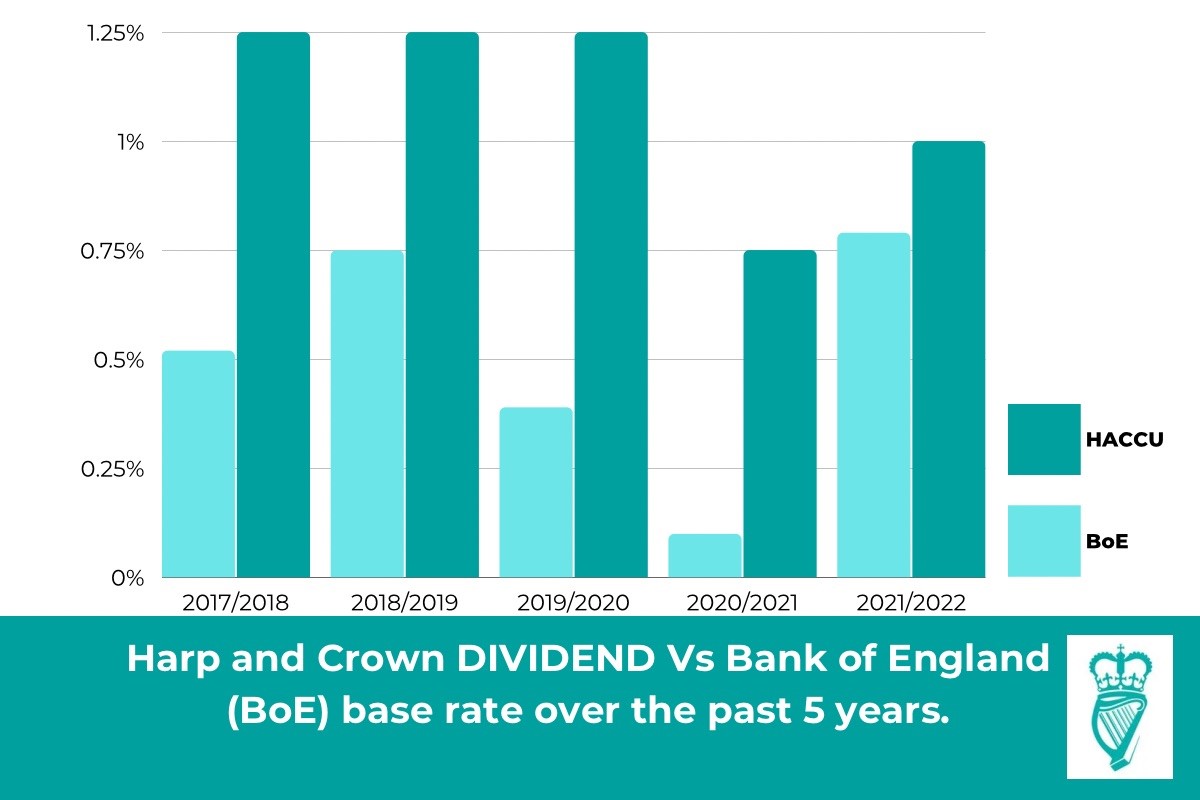

Finance
Dividend Clientele Definition
Published: November 13, 2023
Learn about the dividend clientele in finance and how it impacts investment decisions. Explore the definition and significance of this concept.
(Many of the links in this article redirect to a specific reviewed product. Your purchase of these products through affiliate links helps to generate commission for LiveWell, at no extra cost. Learn more)
Understanding Dividend Clientele: What it Means for Your Finances
When it comes to managing your finances, staying informed about different investment strategies is crucial. One commonly used term in the world of finance is “dividend clientele,” but what does it actually mean? In this blog post, we’ll explore the definition of dividend clientele and how it can impact your financial planning.
The Definition of Dividend Clientele
Dividend clientele refers to a group of investors who are attracted to a particular stock or investment due to its dividend policy. These investors have specific preferences regarding the dividend characteristics of the stock they choose to invest in. Companies that offer dividends often attract a certain group of investors with similar investment goals and income needs.
Key Takeaways:
- Dividend clientele refers to a group of investors who are attracted to a particular stock due to its dividend policy.
- These investors have specific preferences regarding the dividend characteristics of the stock they choose to invest in.
Now that we have a clear understanding of what dividend clientele means, let’s explore its implications for your finances.
How Dividend Clientele Affects Your Financial Planning
Dividend clientele can have a significant impact on your financial planning, depending on your investment goals and income needs. Here are a few ways dividend clientele can affect your finances:
- Income Generation: If you are primarily focused on generating income from your investments, dividend stocks can provide a regular stream of cash flow. Dividend-paying companies tend to attract investors who prioritize income needs over capital appreciation.
- Stability and Risk: Dividends are often considered a sign of financial stability. Investors who prefer reliable and low-risk investments may be drawn to companies that consistently pay dividends, as it indicates a certain level of financial health.
- Tax Considerations: Dividends may have different tax implications compared to other forms of investment income. Depending on your jurisdiction, dividend income could be taxed at a different rate or may qualify for certain tax advantages.
- Long-Term Growth: While dividend stocks can provide income, they may not always offer the same level of growth potential as non-dividend-paying stocks. Investors seeking high-growth opportunities may find other investment options more suitable.
It’s important to note that dividend clientele is just one factor to consider when making investment decisions. Every investor has unique financial goals, risk tolerance, and income needs. Therefore, it’s essential to conduct thorough research, seek professional advice if necessary, and align your investment choices with your personal situation.
In Conclusion
Understanding the concept of dividend clientele is vital for anyone who wants to make informed financial decisions. Identifying your investment goals, risk tolerance, and income needs will help determine whether dividend-paying stocks align with your personal preferences. Remember, financial planning is a holistic process, and a diversified portfolio that takes into consideration various investment strategies is often the best approach to achieve your long-term financial objectives.














